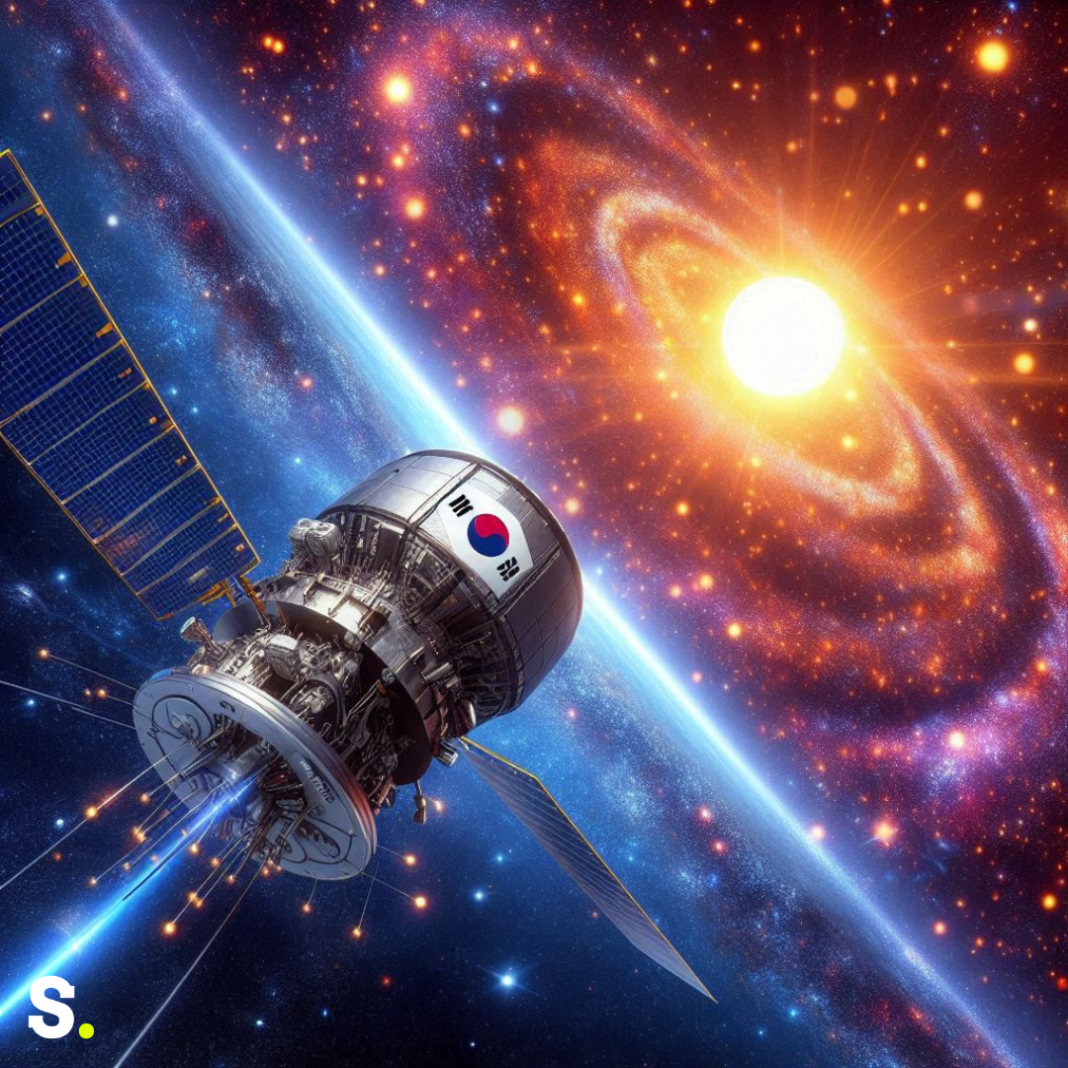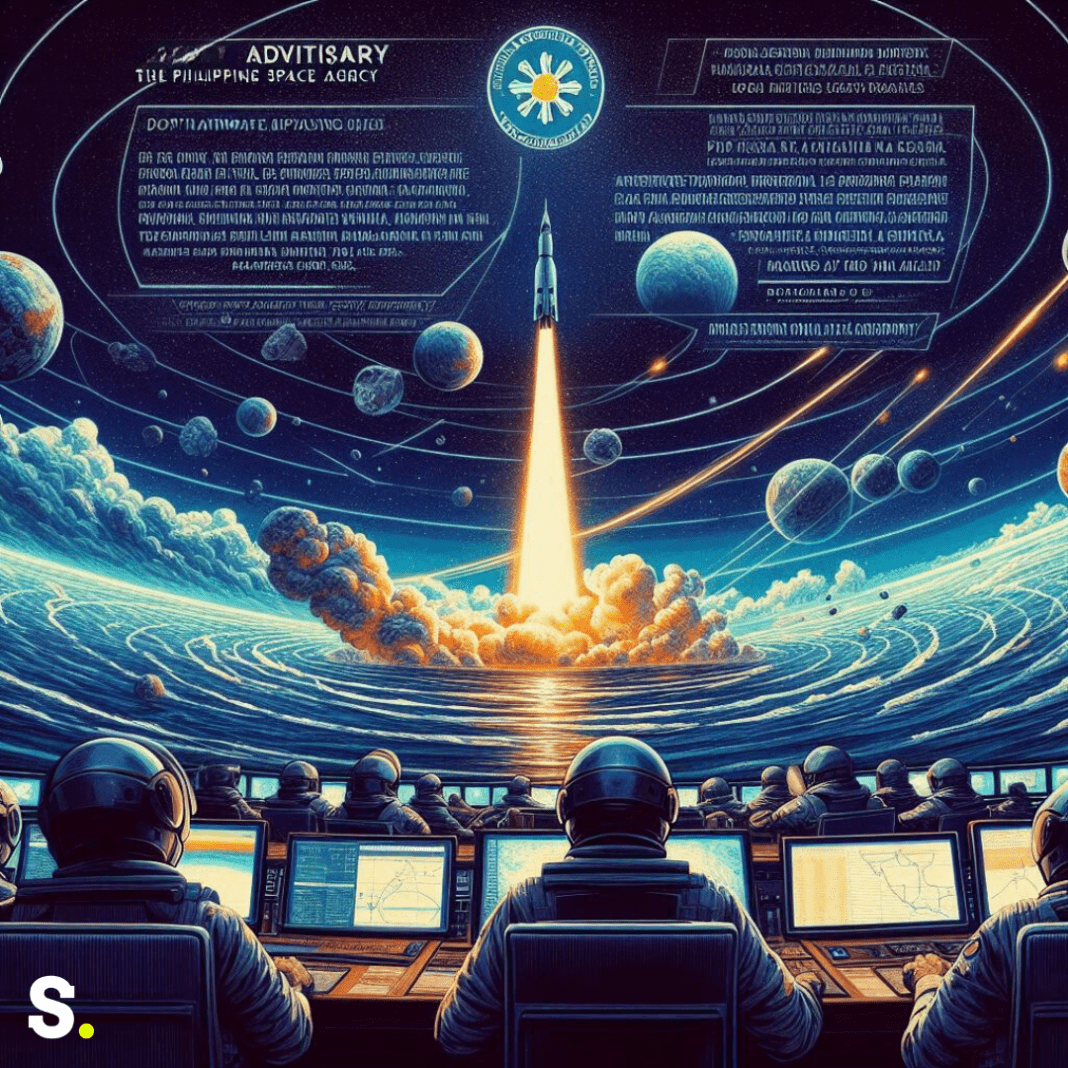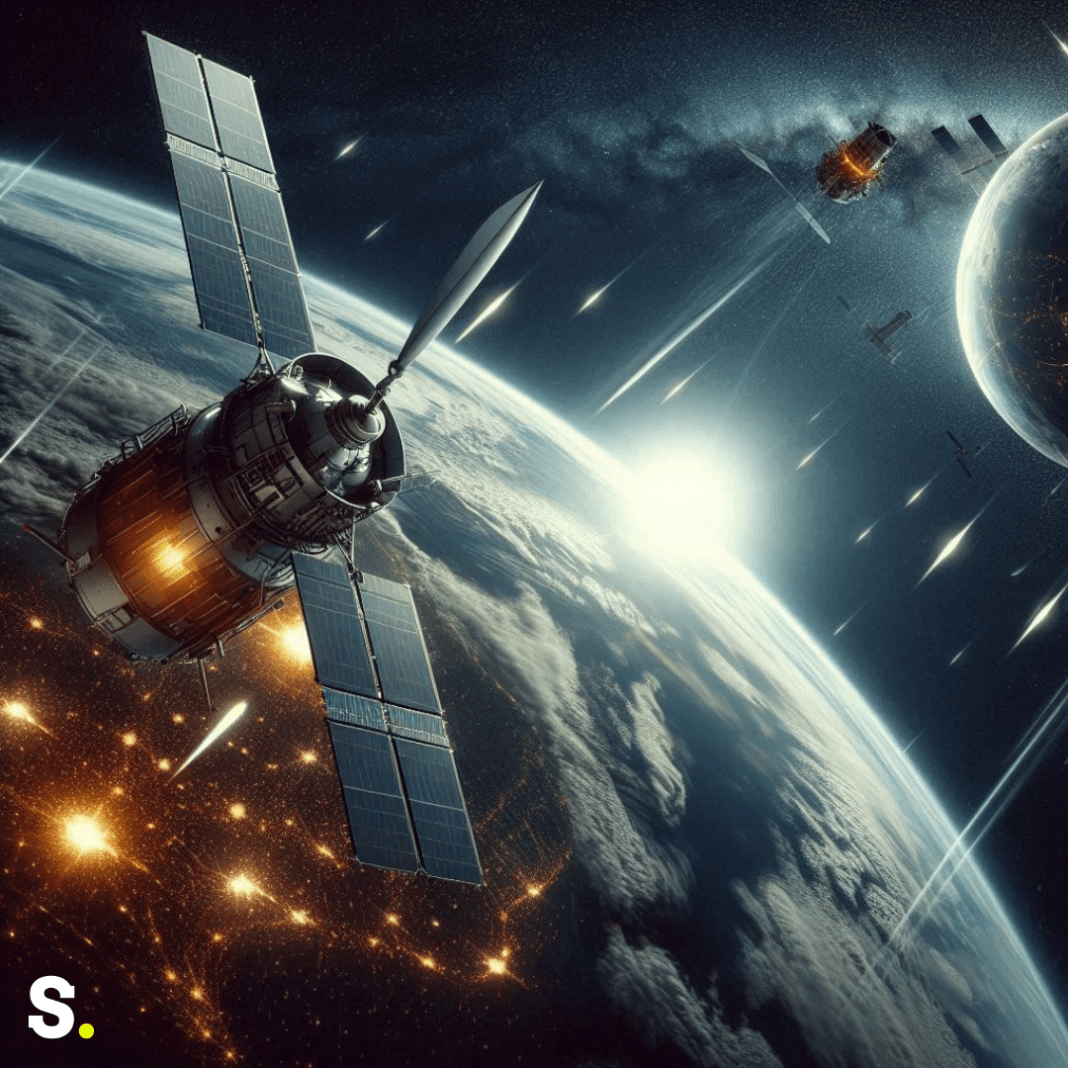South Korea’s national space agency, the Korea Aerospace Administration (KASA), has revealed ambitious plans to make a significant impact in the global space race. These plans, announced recently, aim to develop a competitive space transportation system and future exploration missions. KASA’s vision includes building a strong space economy by creating affordable space travel solutions, focusing on developing advanced spacecraft technologies, and fostering private sector growth in aerospace.
South Korea’s Space Transportation for the Future
One of KASA’s main goals is to create a cost-effective space transportation system by the 2030s. This system will reduce the cost of sending cargo to space to less than US$1,000 per kilogram. Currently, South Korea’s space rocket, known as Nuri, has a transportation cost of around $24,000 per kilogram. In comparison, major international players like SpaceX offer space transportation services for about $2,000 to $3,000 per kilogram. Reducing these costs is crucial for South Korea to become more competitive in space technology and attract more commercial clients.
KASA is focused on developing two critical pieces of technology to achieve this goal: an orbital transfer vehicle and a reentry vehicle. The orbital transfer vehicle will help move cargo and spacecraft between orbits efficiently, while the reentry vehicle will ensure safe returns to Earth. These advancements will create what KASA describes as a “space passageway,” offering faster and cheaper access to low Earth orbit for various missions, including satellite launches and space tourism.
Deep Space Exploration Road Map
In addition to improving space transportation, KASA is also planning to venture into deep space exploration. The agency has mapped out missions that will take South Korea beyond low Earth orbit, with goals to reach the Lagrange point L4, the moon, and Mars in the coming decades. Lagrange points are unique regions in space where gravitational forces balance, allowing spacecraft to “park” there with minimal fuel consumption. These points are strategic locations for scientific observation and space exploration missions.
KASA’s first deep space mission is planned for 2035, where a spacecraft will be sent to L4. This mission will be part of an international effort involving countries like the United States, Japan, and Britain. The objective is to watch the sun and research how it affects space weather and Earth. Space weather, including solar flares and radiation, can significantly impact communication systems, aircraft operations, and satellites. To monitor these effects better, KASA has proposed constructing the world’s first space observatory at L4, which will provide valuable data for understanding and predicting space weather events.
Looking further ahead, KASA has set its sights on landing a homegrown spacecraft on the moon by 2032. This will mark South Korea’s first lunar landing and a major achievement in its space exploration journey. The agency’s long-term plans also include sending a spacecraft to Mars by 2045, aiming to join the small group of nations that have successfully reached the Red Planet.
Supporting Private Aerospace Industry
KASA is not only focused on government-led space missions but is also working to promote the private aerospace industry in South Korea. By supporting private companies in developing advanced technologies, KASA aims to create a thriving aerospace sector that can compete on a global scale. Some of the key areas of innovation include radar satellites, hypersonic propulsion, swarm drones, and hydrogen-powered aircraft.
Radar satellites are essential for monitoring weather, tracking natural disasters, and providing data for various industries. Hypersonic propulsion technology, on the other hand, has the potential to revolutionize air and space travel by allowing vehicles to travel at speeds greater than five times the speed of sound. Swarm drones, which work together in coordinated groups, can be used for various purposes, including defense, environmental monitoring, and space exploration.
Hydrogen-powered aircraft represent another promising area of development. These aircraft could significantly reduce carbon emissions compared to traditional fuel-powered planes, making them more environmentally friendly. By investing in these technologies, KASA hopes to support both space exploration and sustainable transportation on Earth.
As part of its mission to grow the private aerospace sector, KASA is also working to increase international cooperation and collaboration with other space agencies. By participating in joint projects and sharing research and development capabilities, South Korea aims to strengthen its position among the world’s leading space powers.
South Korea’s Korea Aerospace Administration has set a bold course to become a major player in the space industry. With plans to lower the cost of space transportation, explore deep space, and foster a growing aerospace sector, KASA is positioning the country to join the ranks of global space powers in the coming decades.




